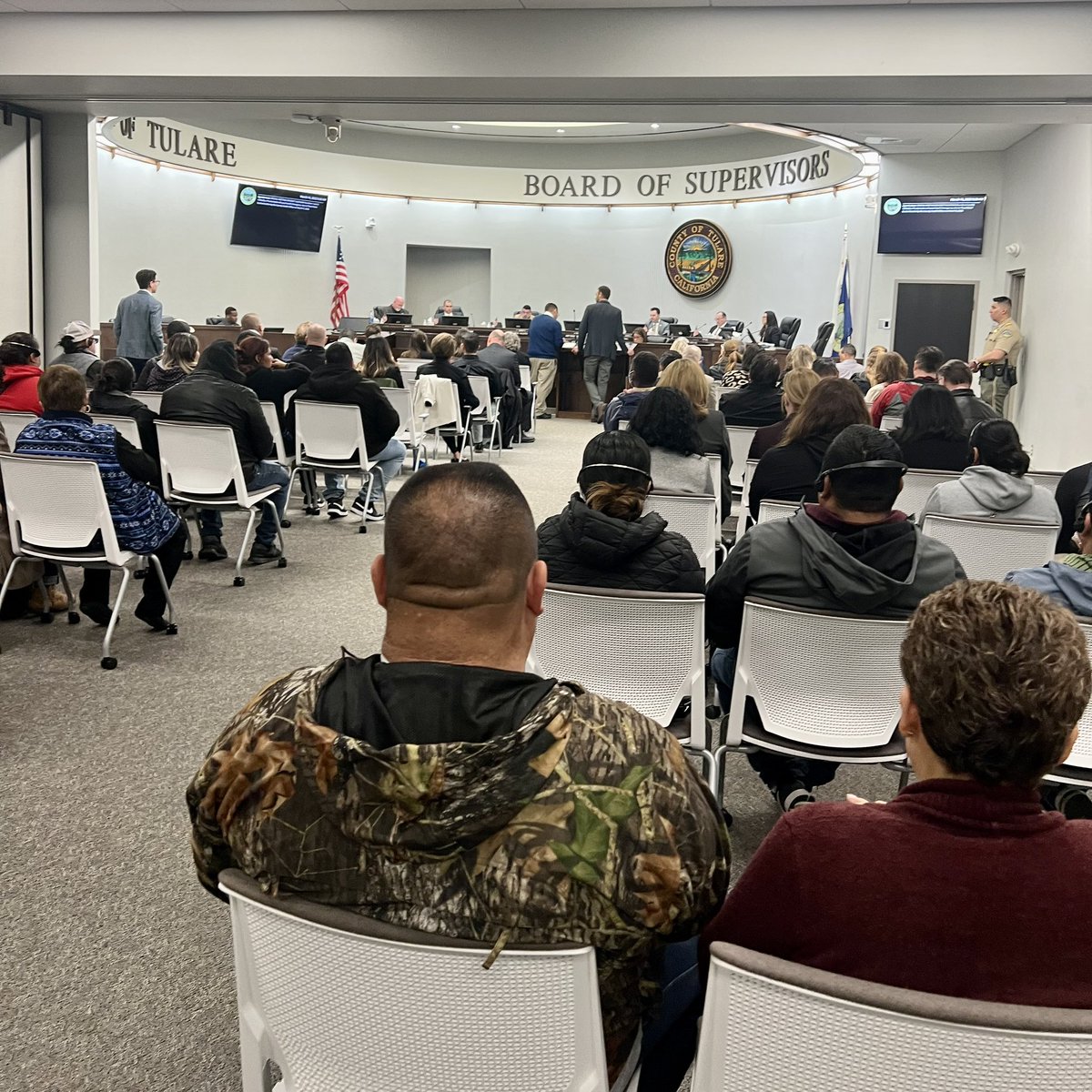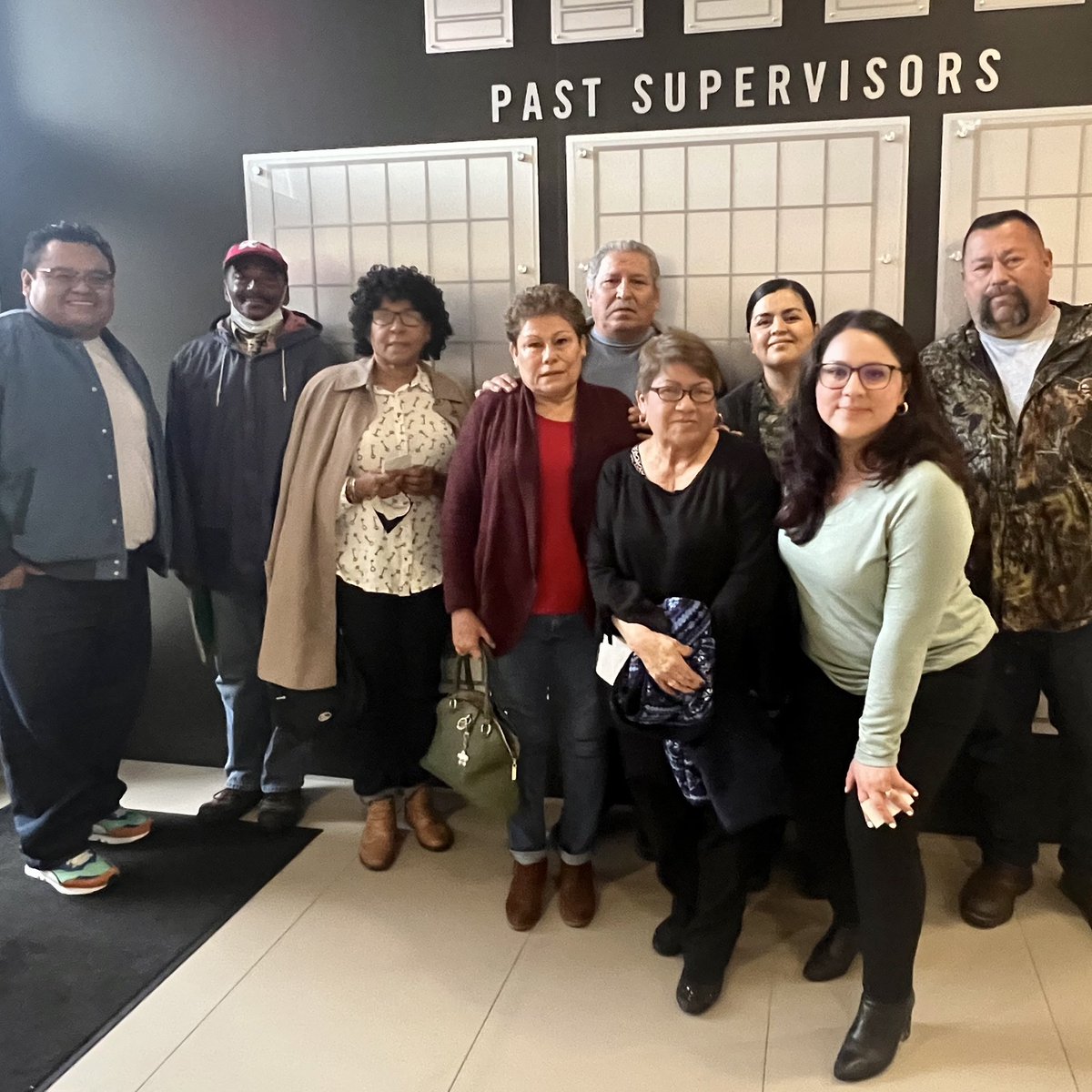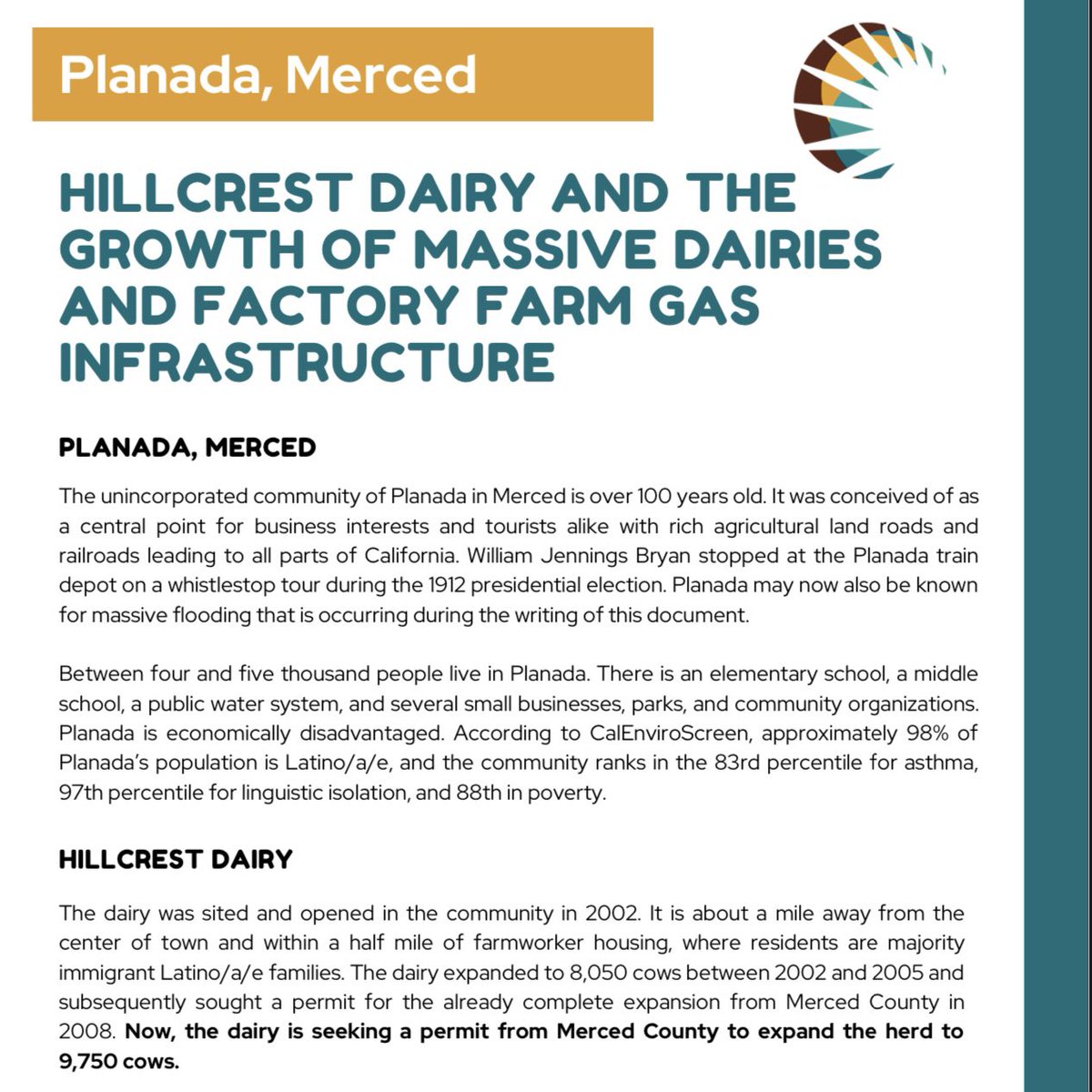Today, @CountyofTulare will vote on its local hazard mitigation plan—a plan that fails to identify key vulnerabilities and address residents’ concerns in the wake of recent storms and flooding throughout the County. 

As temperatures continue to rise, water sources become depleted, and #extremeweather events become more common, vulnerable communities will face the harsh reality of years of disinvestment and scarcity of resources to mitigate impacts and build climate resilience.
The @CountyofTulare local hazard mitigation plan fails to comply with SB 379 by not conducting a vulnerability assessment or identifying vulnerable communities. As a result, the County is not adequately prepared for addressing the impacts of #climatechange.
@CountyofTulare also failed to meaningfully engage communities in its plan. The County didn’t hold any workshops in unincorporated communities and are not taking the time to meaningfully address or incorporate public feedback.
Yesterday, @Cal_OES held a briefing where it emphasized that storms are going to continue this week with more rain, overflowing rivers, and flash flooding. @CountyofTulare has shown it is NOT prepared to deal with these impacts.
It is critical that the @CountyofTulare local hazard mitigation plan is strong, identifies vulnerabilities, and is inclusive of residents’ concerns. We urge the County to vote NO on the plan today and take the time needed to get it right 👉🏽 bit.ly/LHMP2023. 

UPDATE: @CountyofTulare approves its local hazard mitigation plan. Staff confirms a Climate Action and Resilience Plan is forthcoming to comply with SB 379.
Thank you to community leaders from Tooleville, Pixley, Matheny Tract and @DoloresHuertaFD who urged the board to plan and invest appropriately and equitably to ensure #climateresilience. 

• • •
Missing some Tweet in this thread? You can try to
force a refresh








